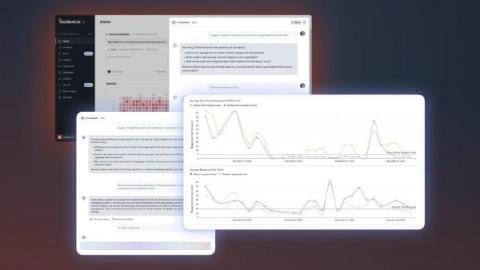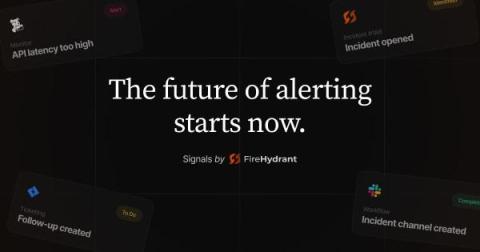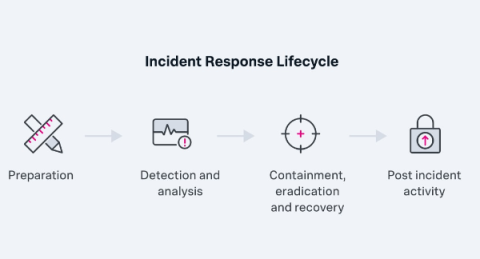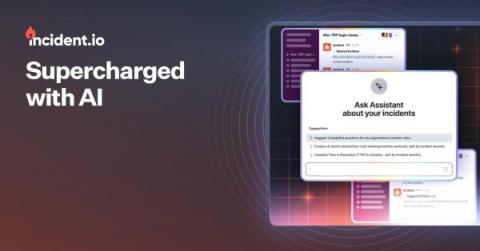Operations | Monitoring | ITSM | DevOps | Cloud
Latest News
The Debrief: incident.io, say hello to AI
The alert fatigue dilemma: A call for change in how we manage on-call
Once the unsung heroes of the digital realm, engineers are now caught in a cycle of perpetual interruptions thanks to alerting systems that haven't kept pace with evolving needs. A constant stream of notifications has turned on-call duty into a source of frustration, stress, and poor work-life balance. In 2021, 83% percent of software engineers surveyed reported feelings of burnout from high workloads, inefficient processes, and unclear goals and targets.
Lessons learned from building our first AI product
Does Every Incident Need a Retrospective? Here's What the Experts Have to Say
Every quarter, we host a roundtable discussion centered around the challenges encountered by incident responders at the world’s leading organizations. These discussions are lightly facilitated and vendor-agnostic, with a carefully curated group of experts. Everyone brings their own unique perspective and experience to the group as we dive deep into the real-world challenges incident responders are facing today.
Never miss machines malfunctioning with ilert integration for Tulip
Downtime costs money. That's why an effective incident management system is crucial. We're excited to announce our new partnership with Tulip to help manufacturers manage incidents better. This integration is an important advancement for complex production processes that require an in-depth operational strategy.
Mastering incident resolution through Root Cause Changes
Discover a new way to handle incident resolution with our Root Cause Changes (RCC) feature. This tool optimizes incident management by linking incidents with relevant changes, resulting in a significant reduction in resolution time and an overall improvement in operational efficiency. Explore the world of incident resolution with our advanced RCC feature and unlock its benefits.
Incident Response Plans: The Complete Guide To Creating & Maintaining IRPs
8 Strategies for Reducing Alert Fatigue
Site Reliability Engineers (SREs) and DevOps teams often deal with alert fatigue. It's like when you get too alert that it's hard to keep up, making it tougher to respond quickly and adding extra stress to the current responsibilities. According to a study, 62% of participants noted that alert fatigue played a role in employee turnover, while 60% reported that it resulted in internal conflicts within their organization.











